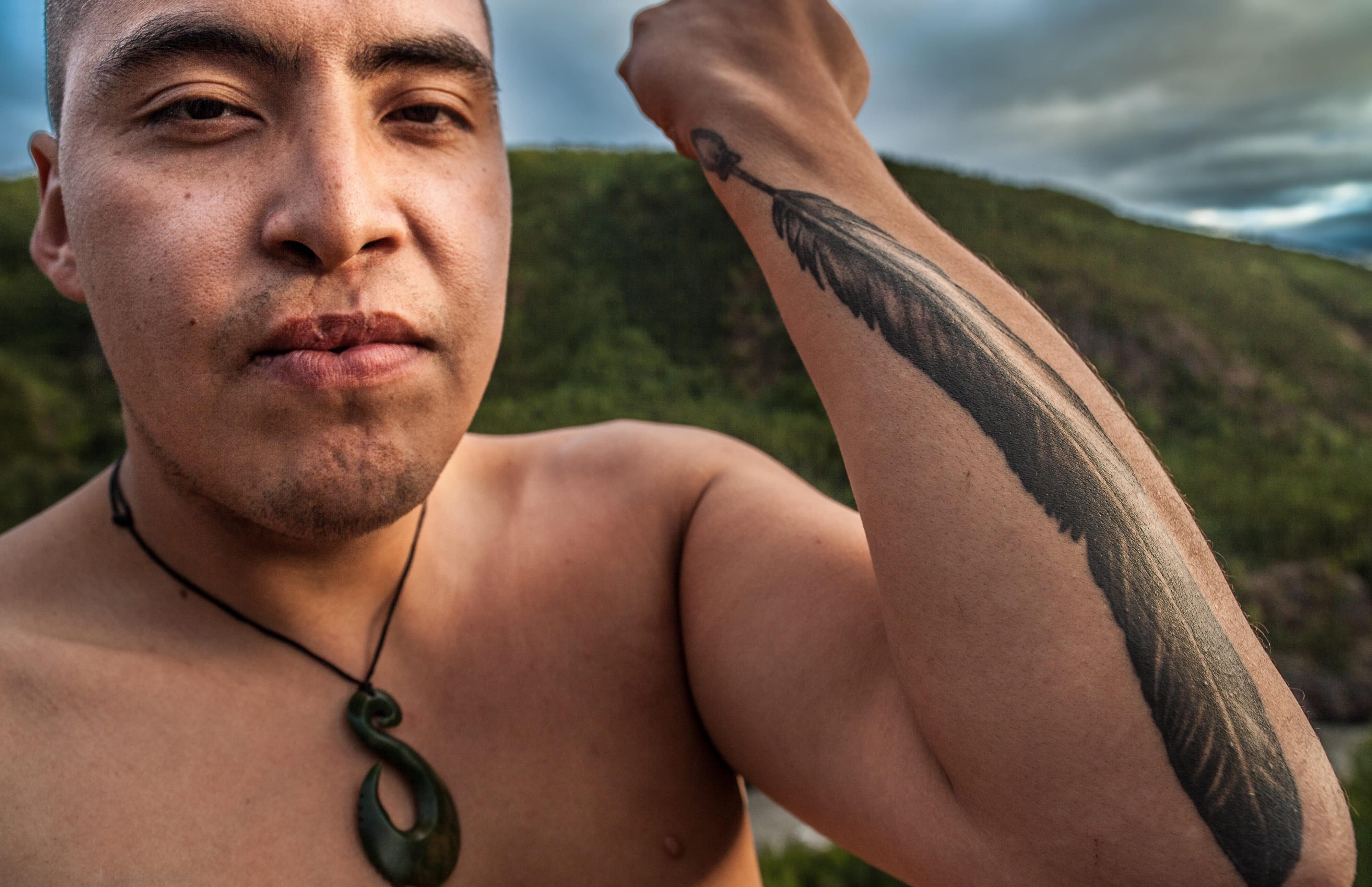
Fractured Land
par Fiona Rayher & Damien Gillis
Caleb Behn is an Indigenous lawyer from BC devoted to fighting the gas fracking industry. This is his remarkable and inspiring story.
2015 · 1h20m · Canada, Nouvelle-Zélande, United States
Partager
À propos du film
Caleb’s first attempt at representing his people was as an oil and gas officer. He soon found himself on the front lines of a shale gas boom. The relatively new technique, also called “fracking”, involves drilling deep underground into shale beds and unleashing gases with a blast of high-pressure water, sand and toxic chemicals. It was Caleb’s job to sift through the boxes and rooms full of “referrals” from industry – telling him what they wanted to do on his people’s land. He held the record for most delayed applications, yet not one application was denied on the basis of his arguments. This is when he decided to go to law school.
Caleb explains how high the stakes are, affecting more than just the Dene. We learn how myriad pipelines are planned to carry gas from his territory across other indigenous communities and the rivers and streams of northern BC – all in order to convert it into liquid and ship to new markets in Asia.
Massive tankers would carry this liquefied natural gas (LNG) – derived from an enormous planned increase of fracking on Caleb’s land – along BC’s rugged coast and off to China, Korea and Japan. These emissions from fracking and LNG plants threaten to triple BC’s carbon footprint – rivaling the Alberta tar sands.
Realizing that law alone may not be enough, Caleb becomes political, speaking at demonstrations, where he becomes an unexpected star. Suddenly, he is not alone. We travel with him to New Zealand where he consults the Maori, and to the Sacred Headwaters of the Tahltan people, who recently forced Shell Oil to halt its plans for a massive fracking operation in their territory.
These nations are raising new leaders like Caleb, forging alliances with scientists and environmentalists, sharing strategies using traditional knowledge and contemporary law. For the human species to survive, we need to learn to see ourselves as part of nature. These ancient cultures have ways of seeing that can help, if we join forces with them.
Projections à venir
Restez à l'écoute pour des projections à venir!
Festivals et prix
2015
Vancouver International Film Festival, Winner: Best BC Film
2015
Hot Docs, Nominated: Best Documentary
Cinematographer
Adam Myhil
Writer
Daniel Conrad
En lien avec le film

